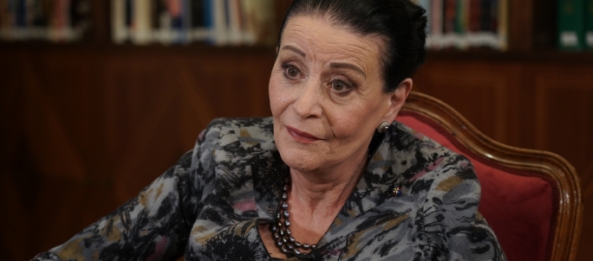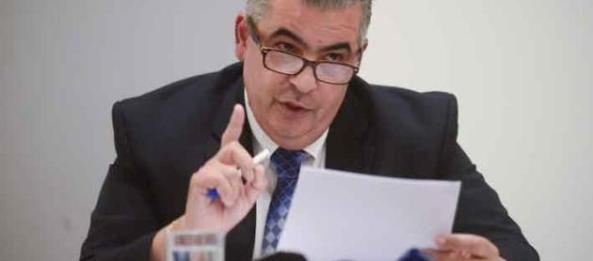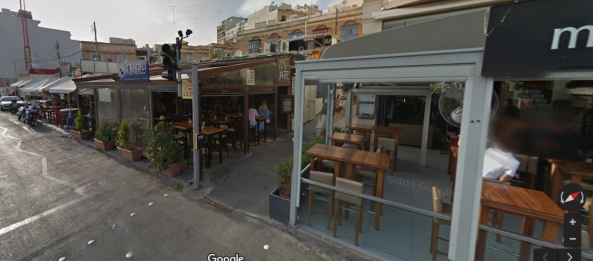Public land is being continuously taken over for tables and chairs as an outdoor extension of restaurants and cafeterias. It is a land grab and has been going on for years. This land grab has intensified after the outbreak of COVID-19, primarily in response to the then restrictions on the permissible indoor numbers of customers allowed within catering establishments.
The most obvious examples of this land grab are in places like Sliema, Marsaskala, St Paul’s Bay, and Valletta. This land grab, however, is taking place all over the island, in practically all localities.
There are instances, such as in the case of squares, pedestrianized streets, and other large open spaces, where the placing of chairs and tables does not bother anyone. In these instances, complaints are rare, except when excessive noise is generated, particularly in the silent hours. In these cases, the use of public spaces for the placing of tables and chairs can be justified, provided that the space taken up for such use is reasonable and respects the rights of both the public as well as the residential communities.
The ever-increasing complaints are in respect of those instances where pavements are practically completely taken over by the placing of tables and chairs such that pedestrians, obstructed from using the pavement end up having to share the road with moving traffic, at considerable risk to themselves. It gets worse in the case of wheelchair users and their carers, as well as in the case of parents with children, particularly those still in prams.
In residential areas, that is in those instances where there are a number of residential units above ground-floor commercial establishments, the placing of tables and chairs on the pavement also restricts residents’ access to their homes. There is the added issue, encountered in many cases, of difficulty in accessing residential units when making deliveries of large objects, such as furniture and white goods. The land grab makes access in these instances practically impossible. Access would be even worse in case of emergencies. I have not heard a whimper from the civil protection authorities on the matter.
As emphasised in the ADPD 2022 Electoral Manifesto, we want our pavements back. The use of pavements should revert to their intended use. Pedestrians should always have priority. It is about time that public authorities shift their emphasis from being business-friendly to people-friendly. The needs of residents and pedestrians should take precedence over the interests of business! The pavement is, after all, not meant for tables and chairs but to facilitate the mobility of people such that they are safe from traffic.
This would entail that planning applications for placing tables and chairs in open areas are vetted properly, such vetting being based on the real impacts on both the residential community and pedestrians. It would also mean that continuous monitoring is carried out to ensure that the permit limitations are observed.
Just a little bit of effort in enforcement would make quite a significant difference. Unfortunately, enforcement is practically nonexistent. This lack of enforcement is the driving force that motivates those abusing the system to ride roughshod over the rights of residents and pedestrians. They know that most probably their abuse will be ignored as it has been for ages. This has always been interpreted that the state does not care at all.
During the local elections next month, this issue is a matter of considerable importance to residents. It is a campaign issue that is continuously brought up in discussions with voters.
The Marsascala ADPD candidate Brian Decelis has been campaigning on the matter for some time. This week he was confronted by one of the operators who is obstructing pavements at Marsaskala. He was even threatened. A police report has been submitted on the incident and it is hoped that swift action will be taken by the police authorities.
This mess should be addressed, all over the islands, the soonest.
Local Councils should be at the front line in ensuring that the authorities act such that permits issued for the placing of tables and chairs outside commercial establishments are people-friendly and that abusive operators are brought to order the soonest. Electing local councilors sensitive to the matter would make a substantial difference.
published in The Malta Independent on Sunday: 5 May 2024









